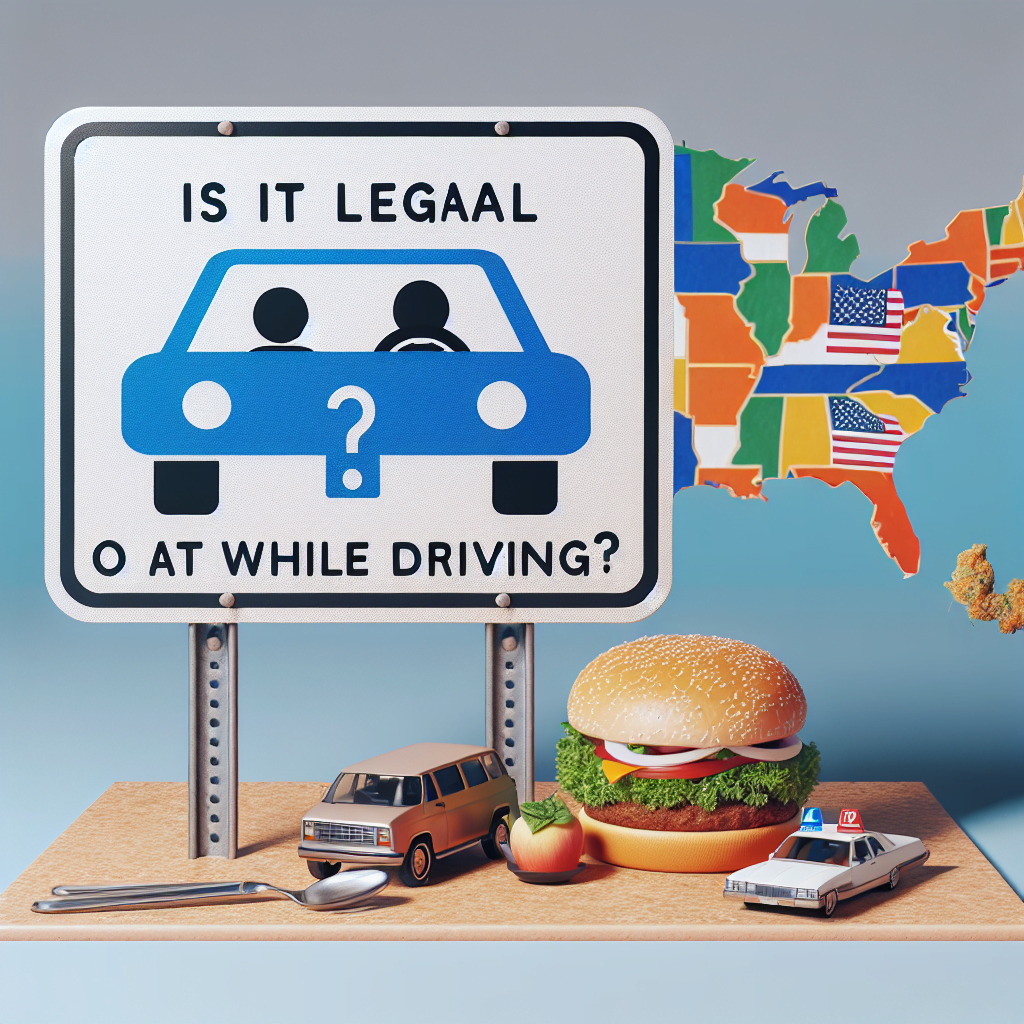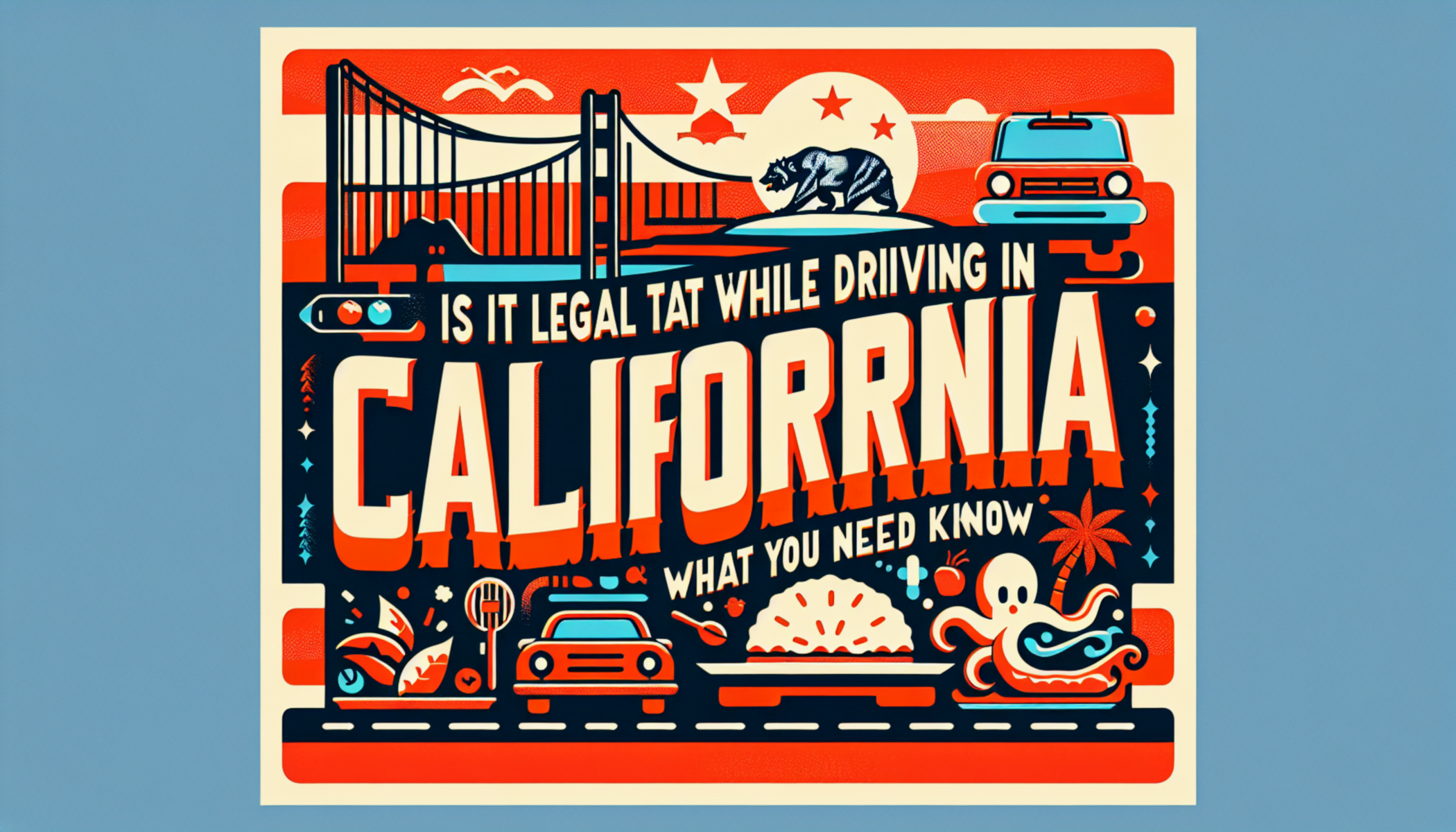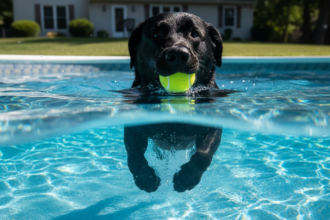Eating while driving is a common habit for many Americans, with most admitting to consuming food while behind the wheel. However, eating and driving can be dangerous and raise concerns about its legality in different states. This article aims to examine the laws and implications of eating while driving, particularly in Florida, highlighting the risks and legal consequences associated with this behavior.
Potential Dangers on the Road
Eating while driving can lead to distracted driving, increasing the risk of accidents on the road. It diverts attention from the task of driving and can result in delayed reaction times, potentially causing collisions or other traffic incidents.
Legal Consequences in Florida
In Florida, there are no specific laws that prohibit eating while driving. However, if a driver’s behavior leads to distracted driving and causes an accident, they could be charged with careless driving or reckless driving, which carry penalties such as fines and points on their driver’s license.
Conclusion
While it may not be explicitly illegal to eat while driving in Florida, it is important to recognize the potential risks and take precautions to ensure safety on the road. Being mindful of the laws and understanding the potential legal consequences can help drivers make informed decisions and prioritize safe driving practices.
In Florida, there ain’t no clear law that says you can’t eat while driving. This means drivers can chow down on food or snacks without breaking any specific rules.
Even though Florida lacks a specific law against eating while driving, it’s important to understand that this conduct can result in distractions and negligence. These factors have the potential to put oneself and others at risk on the road.
The act of eating while driving may be considered neglect under civil law, especially if it results in unsafe driving practices that could lead to accidents or harm to others. From a criminal perspective, eating and driving can constitute reckless driving under particular circumstances where the driver’s actions display willful disregard for safety.
Dangers of Distracted Driving
Recent research has shown that distracted driving, which includes actions such as eating while driving, significantly raises the likelihood of road accidents, posing risks to both drivers and pedestrians.
In the state of Florida, there are laws that aim to prevent distracted driving, including the act of eating while operating a vehicle. This type of distraction can be visual, manual, and cognitive, causing drivers to lose focus on the primary task of driving.
Types of Distracted Driving
Distracted driving encompasses various activities that divert a driver’s attention from the road. These distractions can be visual, such as looking at a mobile phone, manual, like reaching for an object, or cognitive, involving mental distractions.
Eating and Driving Distractions
When individuals eat while driving, they engage in visual and manual distractions by taking their eyes off the road and manipulating food containers or utensils. Additionally, the cognitive distraction involved in deciding on what to eat and navigating through a meal can significantly impair a driver’s focus on the road.
Although it’s unlikely for you to get fined right away just for eating while driving, doing so may cause distractions that grab the attention of law enforcement and lead to legal issues.
Attention from Law Enforcement
Indulging in this behavior may catch the eye of police officers, potentially resulting in consequences due to distracted driving laws.
Potential Legal Implications
If your eating habits behind the wheel lead to an accident or traffic violation, you could face legal repercussions and potential fines.
Can You Legally Eat and Drive in Florida?

While there aren’t specific laws in Florida that explicitly prohibit eating while driving, it’s important to consider the potential dangers of consuming hot or unwieldy meals behind the wheel. Hot beverages and messy foods can be distracting and compromise your ability to operate a vehicle safely. It’s important to prioritize road safety and minimize distractions while driving.
Alcohol Prohibitions
Under Florida law, having open containers of alcohol in a vehicle while driving on public roads is not allowed and could lead to legal repercussions if violated. This is an important rule to adhere to, as it helps ensure the safety of all individuals on the road.
As per Florida traffic laws, it is not explicitly illegal to eat while driving. However, it is important to note that distracted driving can result in accidents and can be considered a form of negligence. It is essential for drivers to exercise caution and focus on the road while operating a vehicle.
Other Prohibited Behaviors
Smoking while driving with cigarettes is not against the law in Florida. However, engaging in impaired consumption of substances such as marijuana while driving constitutes a criminal offense. It is crucial for individuals to understand and adhere to these regulations to ensure safety on the roads.
It is essential for drivers to be aware of the laws and regulations governing their behavior behind the wheel. In Florida, there are specific restrictions that aim to ensure safe driving practices and uphold the standards of responsible motoring.
Additional Driving Restrictions
Florida law explicitly prohibits the use of headphones while driving, emphasizing the state’s focus on maintaining driver attentiveness and reducing distractions on the road. This rule serves as a reminder for drivers to prioritize their concentration while operating a vehicle.
Furthermore, driving without the necessary license documentation on hand is considered a correctable offense in Florida. This underscores the significance of carrying valid credentials at all times while driving in the state.
When it comes to the legality of eating and driving in Florida, obtaining legal counsel is crucial to understanding the laws. Dealing with the complexities surrounding distracted driving accident claims related to eating and driving requires the guidance and support of knowledgeable legal representation.
Understanding the Laws
In Florida, the laws governing distracted driving encompass various activities, including eating and drinking while driving. It’s important to be aware that these actions can lead to potential legal repercussions if they result in accidents or impaired driving.
Legal Ramifications
Engaging in activities such as eating and driving can result in legal consequences, particularly if they lead to accidents or contribute to reckless behavior on the road. Understanding the potential legal ramifications is essential for individuals to navigate these situations responsibly.
Obtaining Legal Representation
Procuring legal representation is essential for individuals involved in distracted driving accidents related to eating and driving. A knowledgeable attorney can offer guidance and support throughout the legal process, ensuring that the individual’s rights are protected and advocating on their behalf.





